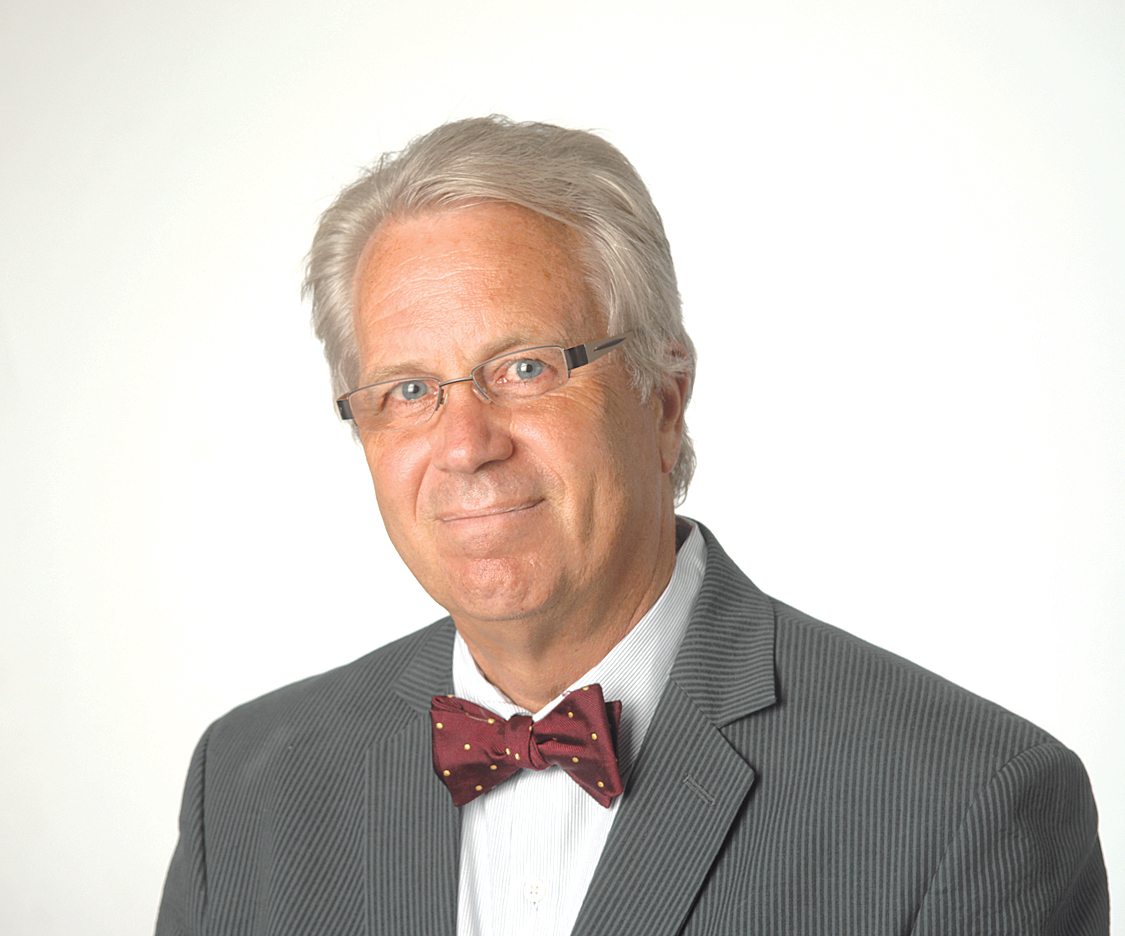The Elbert Files: Two-spirit people

Lin-Manuel Miranda’s Broadway musical “Hamilton” ends with these lines: “Who lives; who dies? Who tells your story?”
Most history is told from the viewpoint of winners.
I’ve become increasingly aware of this adage in recent years as I’ve read alternative histories based on original source documents created by Indigenous peoples who were here before and after Europeans began arriving in 1492.
Recently, my wife, Amy, and I saw a powerful snippet from the other side during a visit to a museum at Arizona’s Tubac Presidio State Historic Park.
The park’s collections include the diaries and letters of early residents.
One poignant text was titled “Two Spirits.” You can read it at the end of today’s column, but the gist of it showed that European views of pre-Columbian America were far from the whole story.
Since we returned to Des Moines, I’ve done some additional research on two-spirited people. What I have learned is very interesting.
The modern term “Two-Spirit” grew out of the AIDS epidemic of the 1980s, but “substantial amounts of (cultural) knowledge have been lost,” according to an academic paper published two years ago by Mary Kate Brogan of Virginia Commonwealth University.
“Although Two-Spirit is a modern term, the knowledge and roles associated with it goes back centuries,” she wrote.
Today, the term is used “to describe fluid gender identities and sexual orientation, but their ancestors also took on the important social and spiritual roles” prior to the colonization of America, according to Brogan.
She wrote: “Europeans targeted Two-Spirit people almost immediately,” with violence that “often rose to the level of genocide,” adding that Europeans viewed Two-Spirit people as knowledge keepers and believed killing them would make it easier to convert others to Christianity.
Early settlers – the Spanish in Arizona, but other nationalities as well – considered natives to be savages because their belief systems differed from Christian concepts. However, in many ways, including agriculture and respect for natural resources, natives were more advanced than the men in armor with firearms, small pox and other diseases, who conquered them.
Their communal family structures, in which all members were responsible for children, has echoes in our modern-day saying “it takes a village” to raise a child.
Other native systems were also opposed, including their respect for gay, bisexual and transgender people, like the two-spirited person referred to in the accompanying text.
This aspect was particularly interesting to Amy and me because we grew up in less tolerant times but now embrace the LGBTQ+ community, which includes many close relatives.
Early Indigenous people, it turns out, had appreciation for people of two or more spirits, and in many cases, honored them as gifted individuals before European conquerors erased this and other traditions.
The following is from an undated exhibit at Tubac Presidio State Historic Park Museum:
Two Spirit
I am known as Wik’ovat. My name is Shining Evening and among the O’odham people I am known as a two-spirit person. I do not follow the traditional role of man or woman.
My grandparents tell me that my people consider me a gift from the gods. I knew I was different from a very young age. My parents tell me I liked to play with the girls and not the boys. My family made a small enclosure and placed a bow and arrow on one side and basket making materials on the other. They set the enclosure on fire. I chose to save the basket materials and so they knew I was a two-spirit person.
I have taken on many sacred roles. I am a healer, and a matchmaker, a role I am very good at. I take pride in being a keeper of the stories of my tribe. I have a gift for seeing the future though I don’t consider myself a prophet.
The missionaries and many of the whites discourage me and try to hide me. There is no place for a man-woman among them. My people call me she, but do not be fooled. I can grind much corn without becoming tired.
I am happy with who I am and my people accept me.

Dave Elbert
Dave Elbert is a columnist for Business Record.






